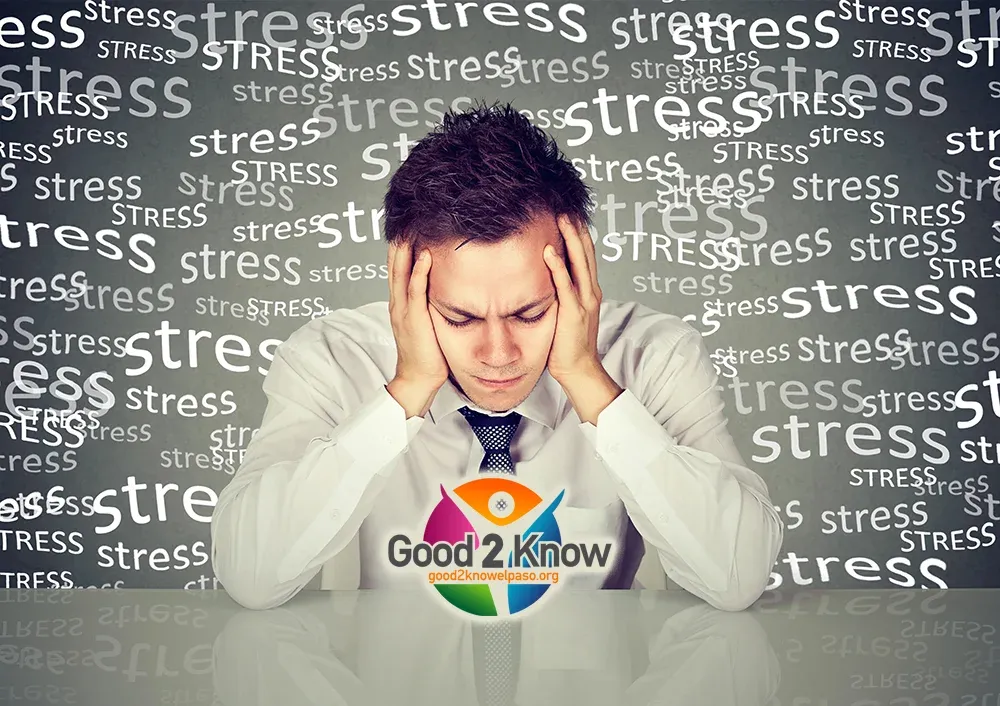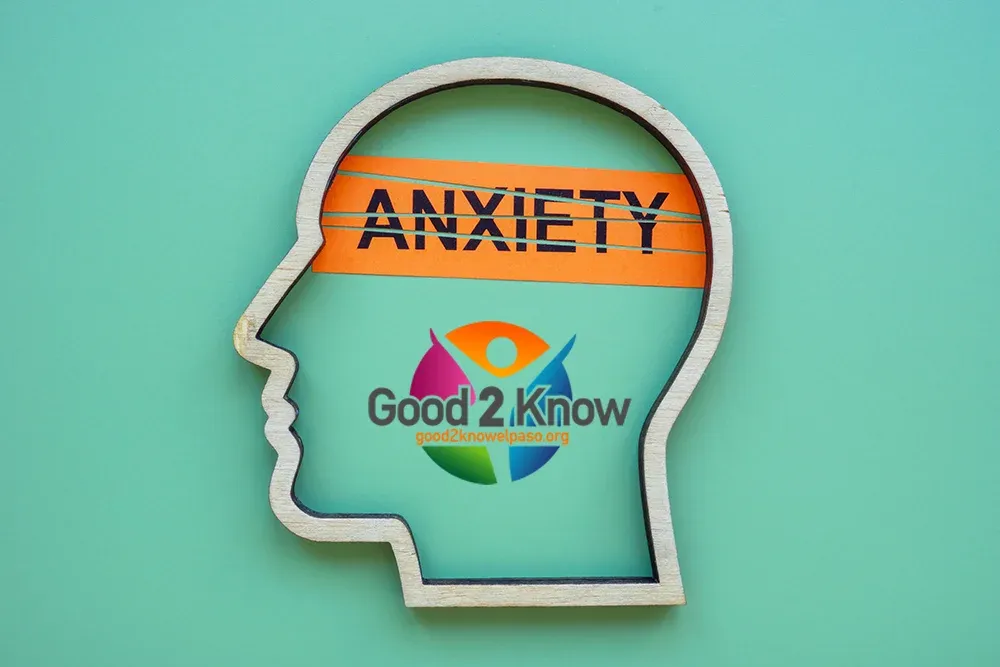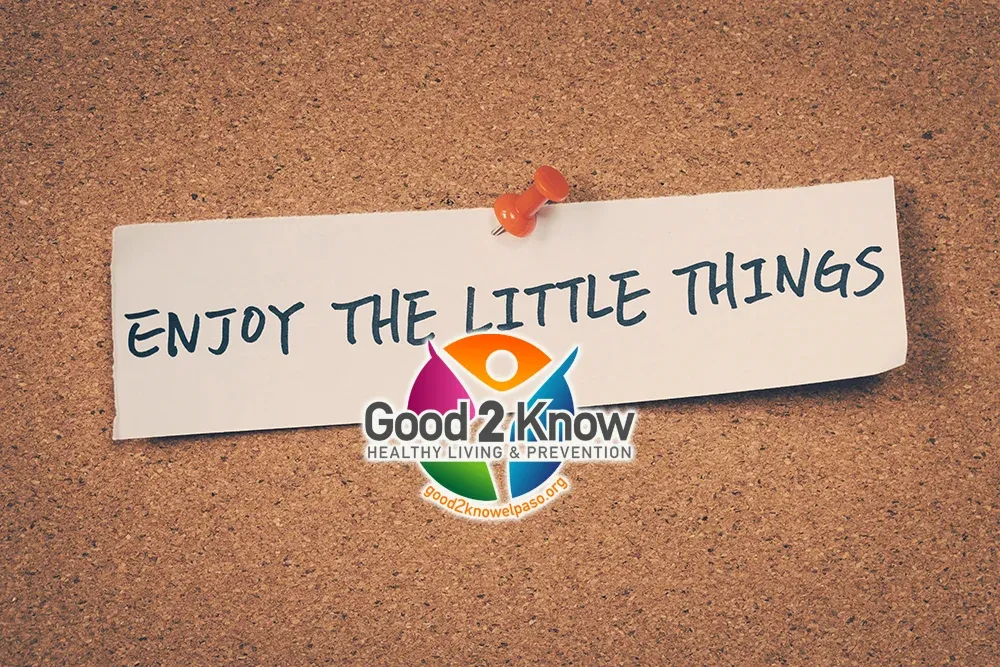Think about how one bad night’s sleep, or not enough sleep, makes you feel the next day. For many of us, we’re grumpy and irritable, we find it difficult to concentrate, and we have no energy. We can overreact when things don’t go our way, and we may find we’re less excited if something good happens. So, it is easy to see how ongoing sleeplessness can be a concern.
Long term sleep deficiency can increase the risk of chronic health problems such as heart disease and diabetes. It can also significantly affect your mood.
Sleeplessness and mood disorders are closely linked. And it can work both ways – sleep loss can affect your mood, and your mood can affect how much and how well you sleep.
Studies show people who are sleep deprived report increases in negative moods (anger, frustration, irritability, sadness) and decreases in positive moods. And sleeplessness is often a symptom of mood disorders, such as depression and anxiety. It can also raise the risk of, and even contribute to, developing some mood disorders.
Your mood can also affect how well you sleep. Anxiety and stress increase agitation and keep your body aroused, awake and alert. You might find you can’t turn your brain off, your heart beats faster and your breathing is quick and shallow.
So getting enough sleep and the right kind of sleep is important. If you are having chronic issues with difficulty sleeping, it is best to talk to your doctor about identifying the underlying causes and then develop a plan to improve those conditions.











